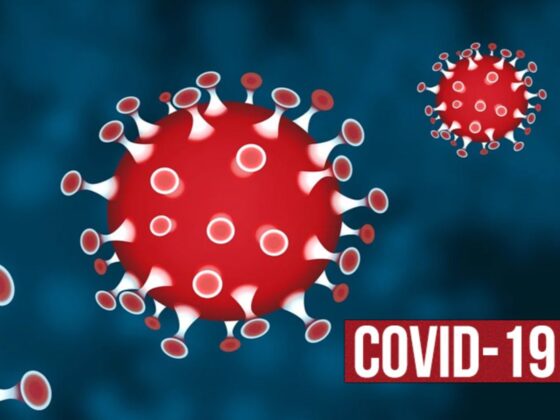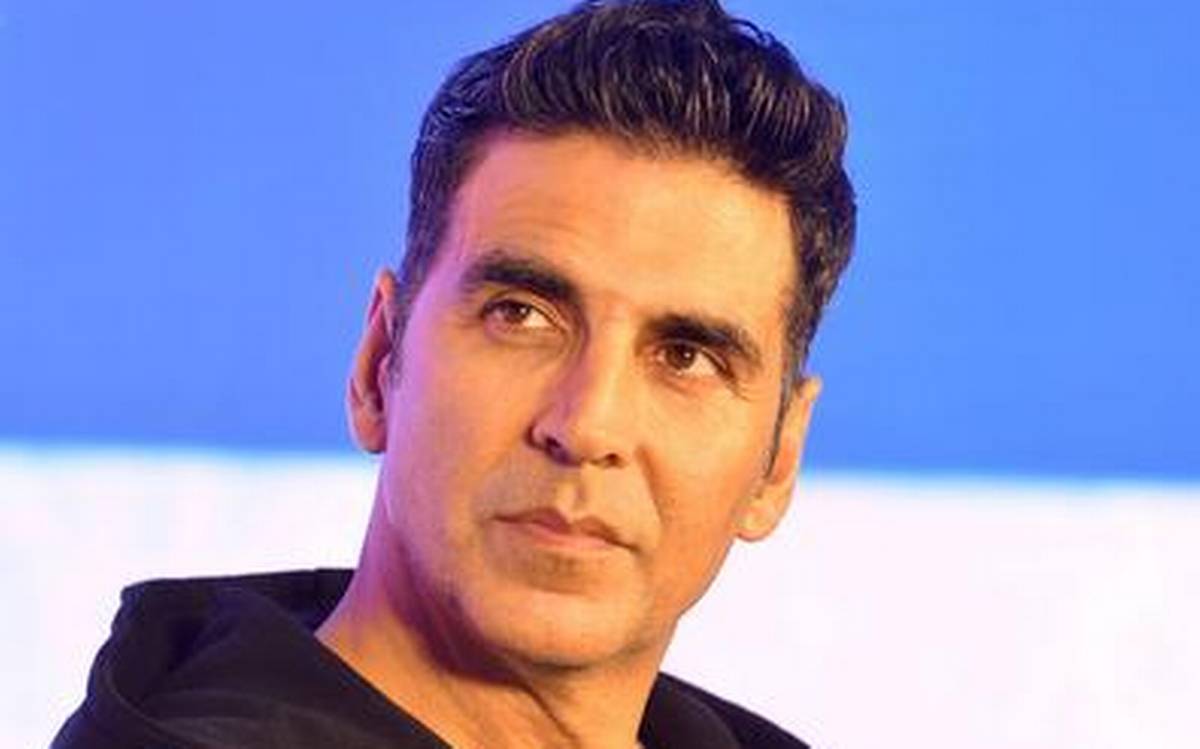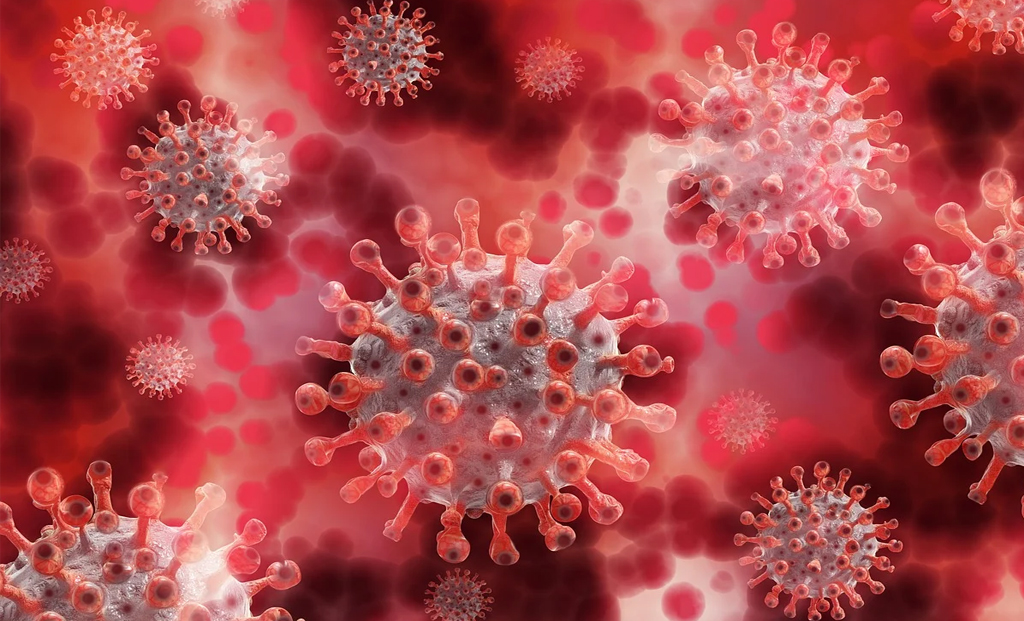 Dr. Niraj Vasavada, HOD, Department of Spine Surgery, Shalby Multispeciality Hospitals & Director, SIRS – Shalby Institute of Rehabilitation Sciences
Dr. Niraj Vasavada, HOD, Department of Spine Surgery, Shalby Multispeciality Hospitals & Director, SIRS – Shalby Institute of Rehabilitation Sciences
The COVID-19 pandemic has been one of the greatest medical emergencies in the modern world. With crores of cases across the globe, it is one of the gravest crises to grip nations in today’s day and age. While healthy recovery has been the prime aim for COVID-19 patients everywhere, the pandemic has also led to another health hazard among all those who have successfully recuperated, namely the post-coronavirus (COVID-19) syndrome. This phenomenon is essentially the recurrence of prominent COVID symptoms, ranging from fatigue, to chest pain, to coughing, to loss of taste and smell.
According to a recent study led by a team of researchers at Oxford University, which was published in the journal PLOS Medicine, more than one-third of the COVID-19 patients were found to have developed COVID symptoms 3–6 months after a SARS-CoV-2 infection. Moreover, COVID symptoms were more common in women, older adults, and individuals with severe symptoms during the acute phase.
Keeping in mind the number of people being impacted by the syndrome, hospitals are recognizing the growing need to gear up for the challenges this presents, while also preparing for the 3rd wave. Below are a few ways that hospitals have been actively working to provide relief, rehab and lay the groundwork for future complications among the patients.
- Post-Covid Syndrome – Post-Covid Syndrome, also known as Long Covid Syndrome is seen among those displaying COVID-19-related symptoms following the acute period of infection and is generally referenced as experiencing “long COVID,” “post-COVID syndrome,” and “post-acute COVID-19 syndrome”. Post recovery from Covid, there is evidence of continuous anxiety, depression, persistent breathlessness, fatigue, generalized weakness, insomnia, and even fear of death. Handling the sudden and unexpected loss of loved ones is a heavy shock to anyone. Grief clinics are necessary to help such grievers to cope with this loss. Hospitals need to address such instances by setting up Grief clinics and specific Post Covid Rehabilitation clinics within their premises to help these patients fast track their recovery and return to their normal lifestyle.
- Non-Covid Diseases – COVID-19 symptoms usually last about 12- 17 days on average. However, due to covid-induced lockdown and the massive load of Covid cases, patients suffering from other illnesses were deprioritized. Those suffering from serious complications like cardiac diseases and cancer avoided prompt medical care due to fear of getting infected by going to the hospitals. India being the diabetes capital, a large number of patients with diabetes had other complications. When the lockdown was lifted, hospitals were flooded with non-covid diseases and other complications. This eventually saw an extra load on the medical staff and long work hours in handling the large influx of non-covid patients. Some of these illnesses were related to the Pandemic-induced lifestyle. Some of these were even experienced by children who acquired anti-social attitudes as a result of their fear of contracting the illness while out playing, which limited their physical activity and kept them confined to their houses for an extended period of time.
- Gearing up for the 3rd Wave – Hospitals and medical professionals are well aware of the risk of being swept up in the third wave of the Covid pandemic and are going extra mile for that. Hospitals are ensuring appropriate infrastructure such as fire emergency systems, easily accessible exits and fully functional emergency evacuations protocols are in place for the patient’s safety. Highlighting that patient safety is to be emphasized at all times, many hospitals have been actively investing in training their staff for handling new medical machinery while strictly laying Covid protocols and social distancing norms. Medical institutions and Covid recovery centres have been aggressive in providing and assuring the availability of oxygen tanks and oxygen beds in rehab clinics. Many hospitals have designated sites to conduct vaccination camps for the general public, providing a much-needed boost to current immunisation efforts.
- Online Consultations – While the pandemic created widespread social upheaval and disconnection, it also pushed everyone closer to technology and digital connectivity. Hospitals that found it difficult to serve patients who lived in remote areas have taken advantage of this blessing in disguise. Patients all around the world can benefit from virtual clinics and obtain rapid and immediate medical advice since web-based consultations are swiftly becoming the new normal. Patients who previously did not have access to these facilities have immensely benefited from the extensive investment in public awareness through social media and wellness clinics.
As a result of these initiatives, hospitals now have more qualified professionals and medical resources than before to treat and care for individuals experiencing the post-covid syndrome. The aggravation of previously encountered chronic conditions, such as migraine, mental difficulties, bronchial asthma, and pulmonary and rheumatologic diseases, has largely been controllable by expanding both the offline and online forms of consultations.
The surge in rehabilitation clinics, as well as widespread knowledge of safety protocols, has aided the cause of developing a much stronger and well-equipped strategy for the yet-to-arrive third wave. In conclusion, these measures have aided patients and the general public in making use of the various resources provided by hospitals and medical clinics to alleviate post-covid syndrome and its variations.











